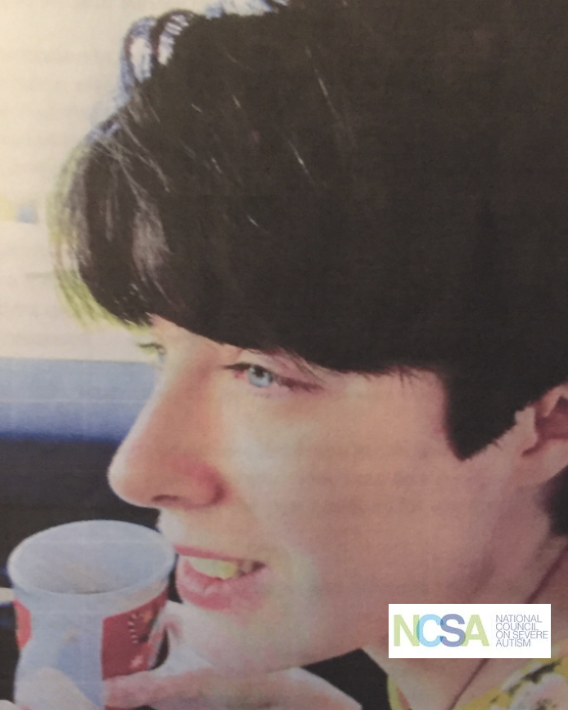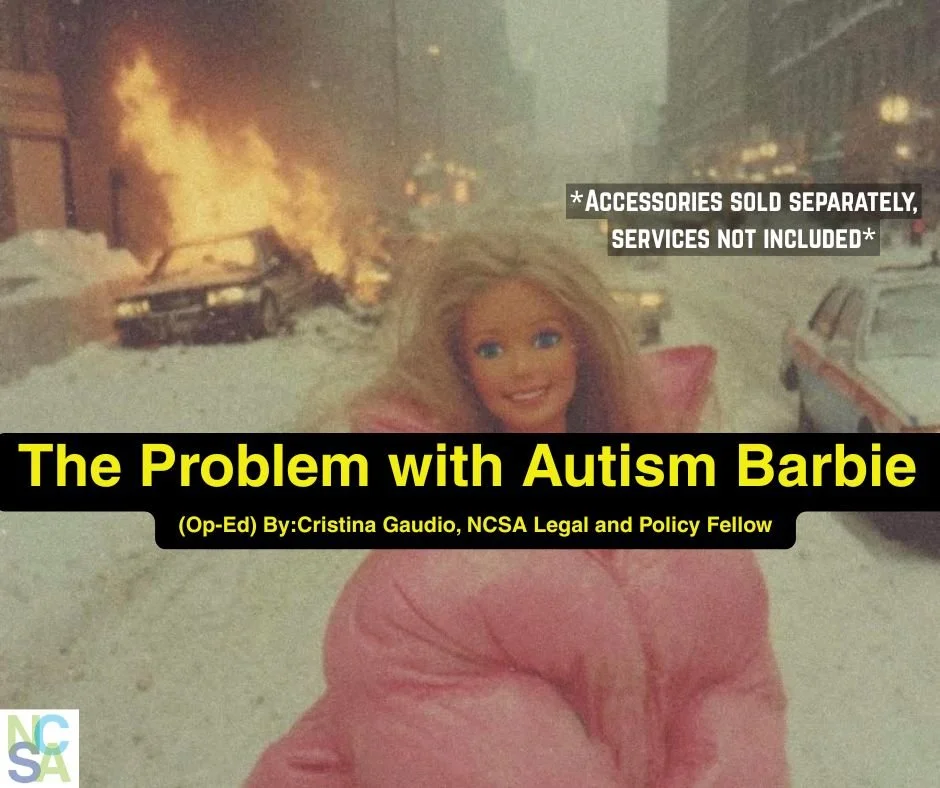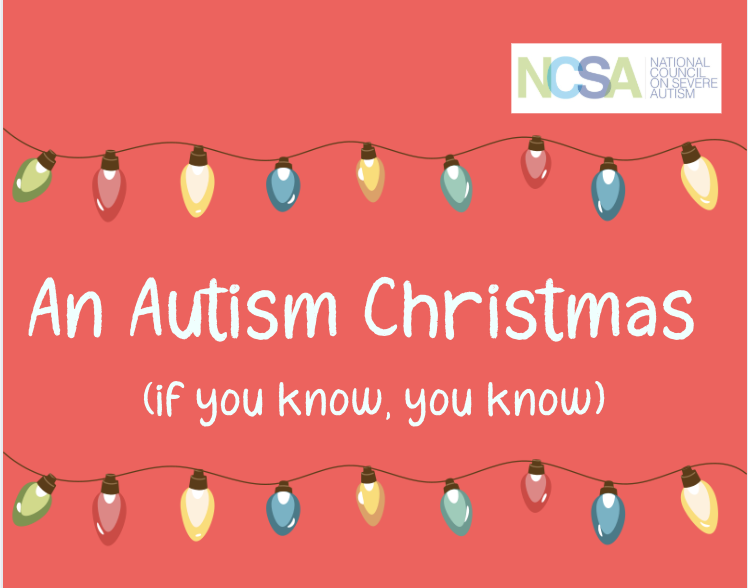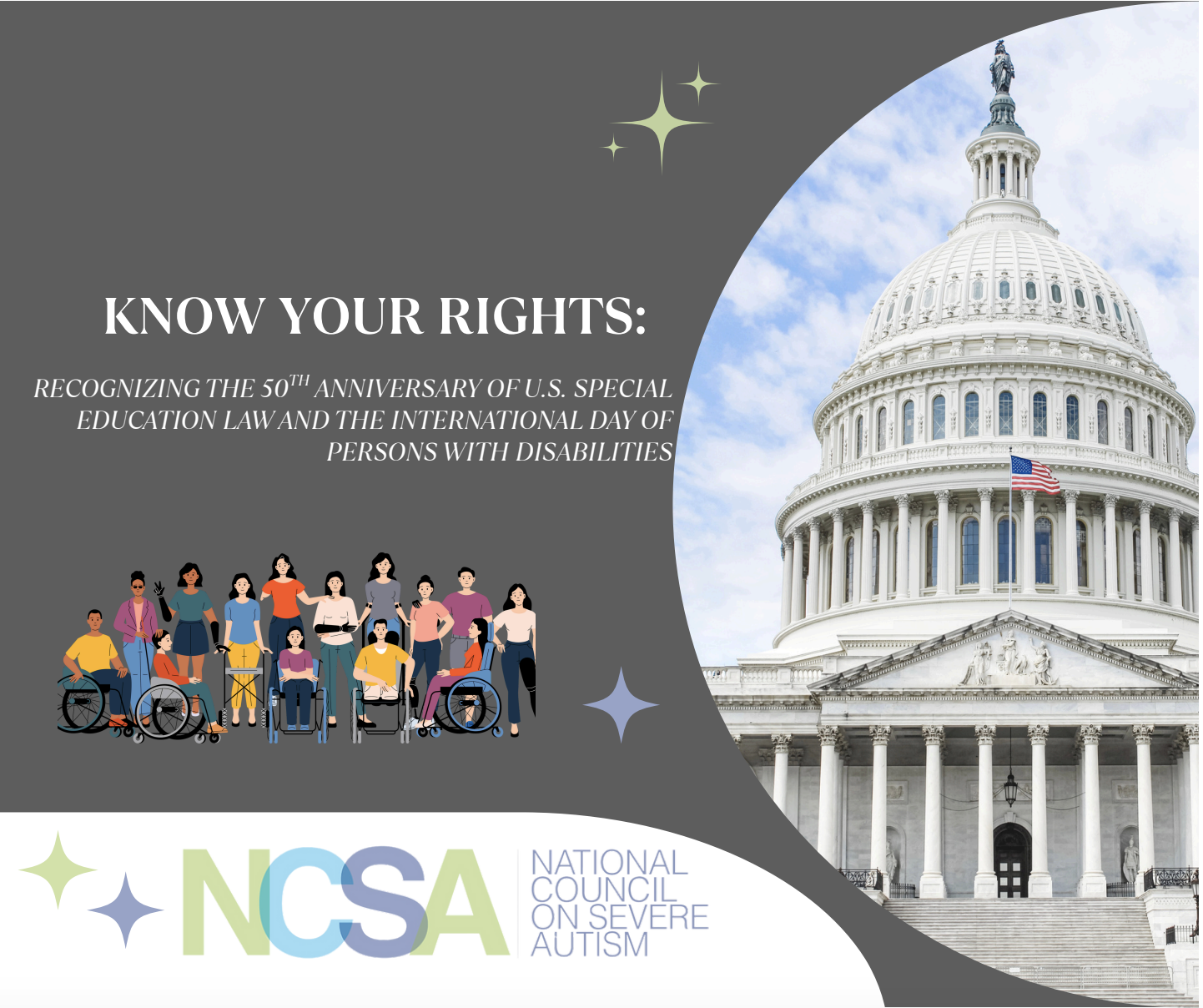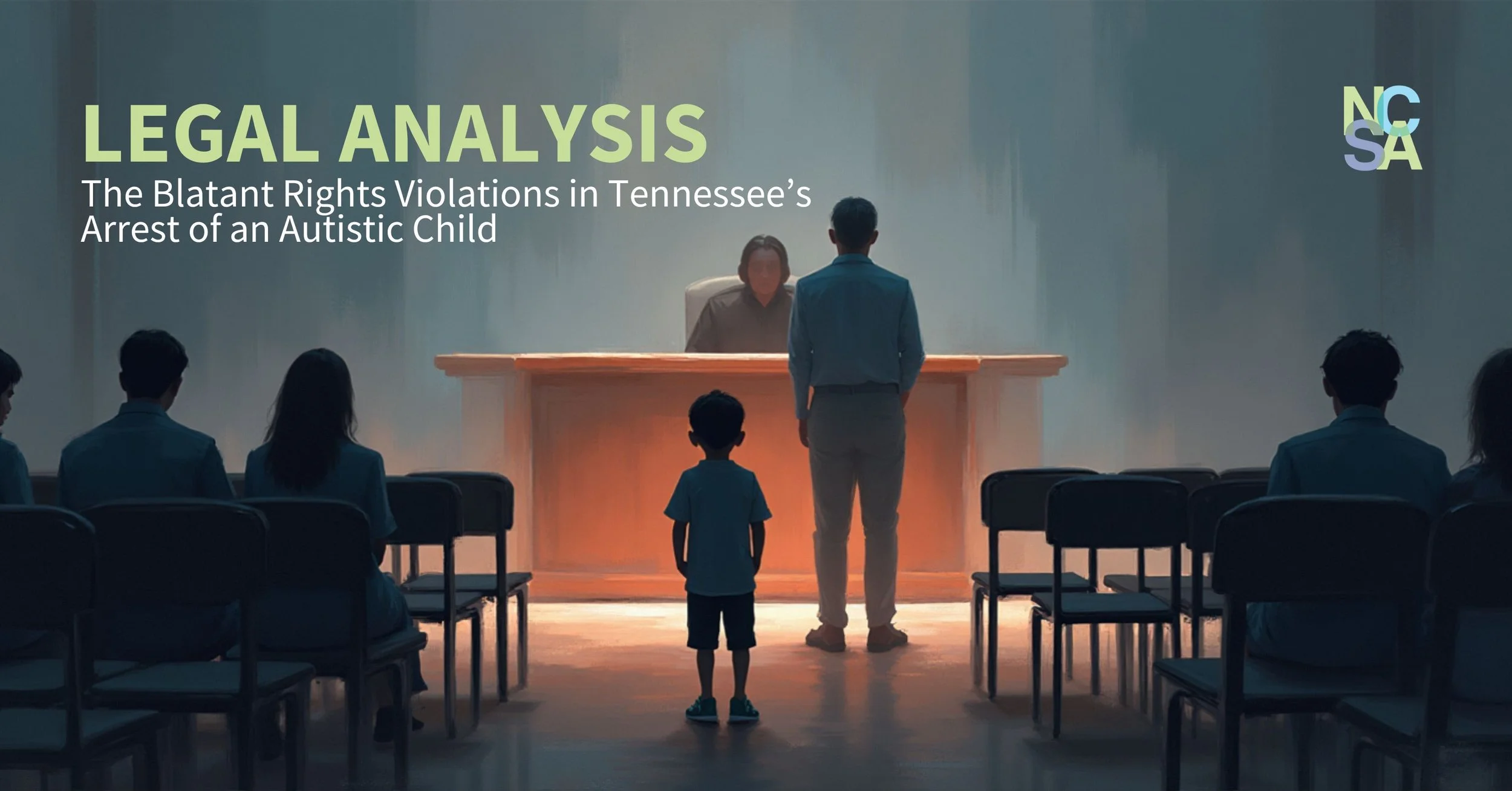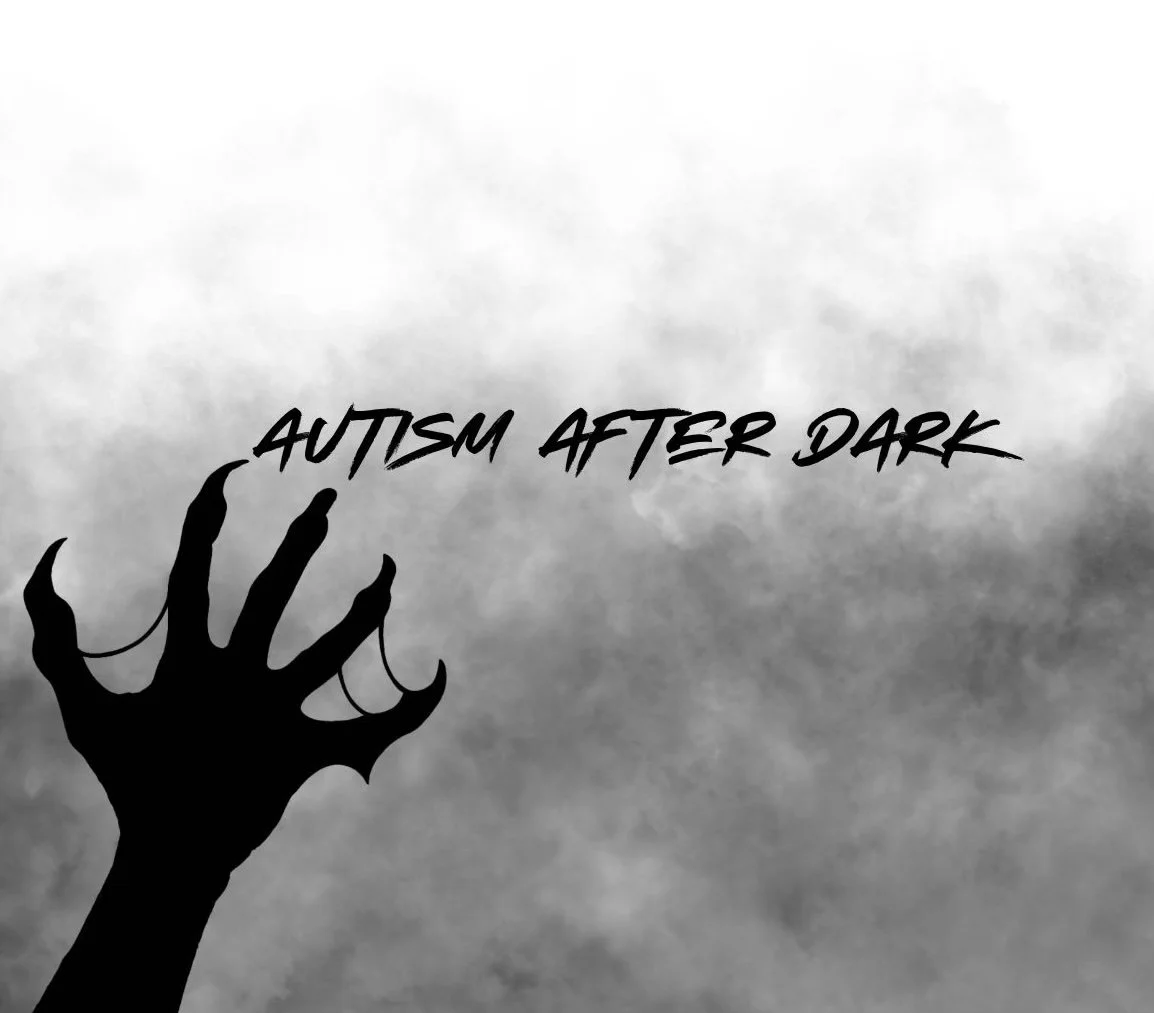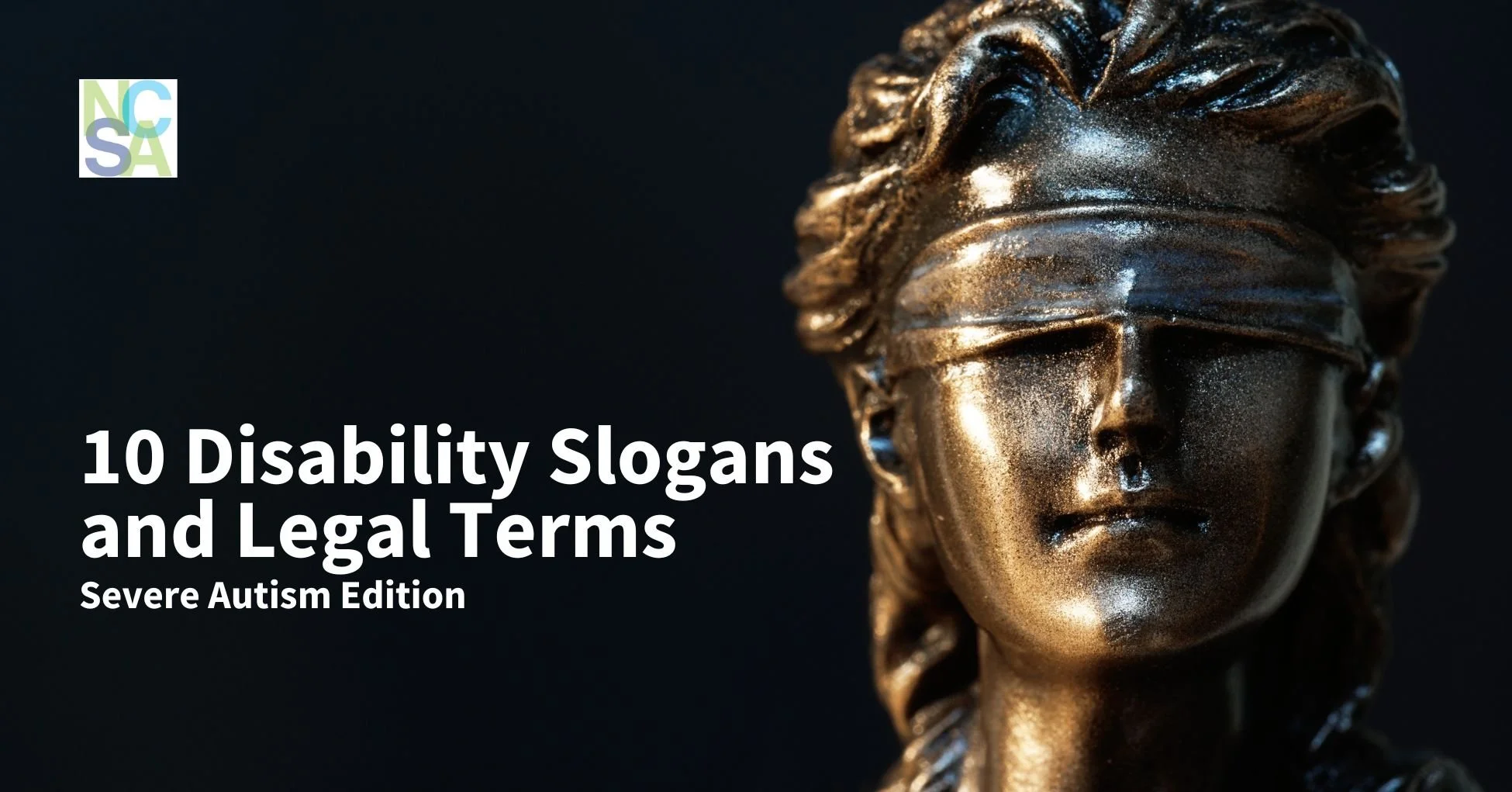Caroline’s story deserves to be shared. She and her family deserve answers, protection, and dignified care.
Read moreThe Problem with Autism Barbie (accessories sold separately, services not included)
Cute on a shelf but useless in a crisis, her plastic, one-dimensional face exposes a problem.
Read moreAutistic Barbie: Erasure Repackaged as Representation
This is not a story about a doll. This is about how autism has been rebranded, monetized, and flattened into something safe for public consumption while the people with the highest needs remain excluded from public life, public policy, and public concern.
Read moreAn Autism Christmas (if you know, you know)
For autism families, especially those more severely affected than mine, ’tis the season of incredible isolation. Lights flicker, music blares, crowds press in, and routines disappear. What is fun and festive for the average family demands constant regulation from us, as we cross our fingers and hold our breath that our loved ones, who cannot filter sensory input or flexibly adjust expectations, will hold it together.
Read moreKnow Your Rights: 50th Anniversary of U.S. Special Education and the International Day of Persons with Disabilities
This week, NCSA recognized National Special Education Day and International Day of Persons with Disabilities! What better way to close out this week than by understanding the legal rights and protections that these events have historically helped bring to our community. Let’s get into it.
Read moreLegal Analysis: The Blatant Rights Violations in Tennessee’s Arrest of an Autistic Child
Criminalizing manifestations of disability before providing appropriate educational and therapeutic services is not only against the law, but morally indefensible in a civil society. If the goal is safe education, healing, and development for all students, then increased resources, funding, and training for school officials and special educators is the productive and humane way forward.
Read moreAutism After Dark
But when the world stops, the reality of autism, especially severe autism, becomes more vivid. When the streetlights go out and the world is still, autism is lucid in my mind. Indeed, when everything else is at rest, autism can, for just a moment, exist in a vacuum. It is no longer camouflaging itself in the bustle and mundanity of everyday life. It really hits me.
Read more10 Disability Slogans and Legal Terms: Severe Autism Edition
For people with severe autism, all forms of inclusion will need to occur through representation by parents, caregivers, and legal guardians. Until the disability movement understands that this is inclusion, not exclusion, oppression, or silencing, they will continue making policies about them, without them, or even worse, about mild to moderate disability, without the most severe disability.
Read moreMy Breakup With Gen Z
My brother has autism, and for him, autism is not a quirk, a trend, or a subtle difference. It is a crippling disability that shapes every aspect of his life. To see the popular narrative reframe his struggle into something soft, palatable, and performatively celebrated did not just strike a nerve—it shattered a boundary I did not know I had. It crossed my personal point of no return.
Read moreWhy NCSA? My Path Here...
The first time I saw the words “severe autism” printed clearly and unapologetically in mainstream discourse was in the title of the National Council on Severe Autism (NCSA). I will never forget that moment.
Read more
